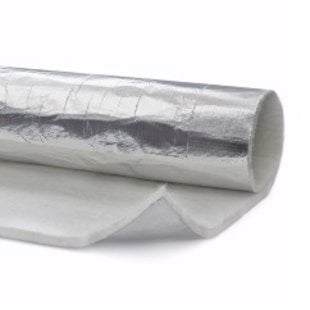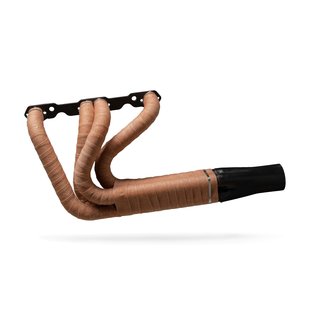Thermal insulation
The Importance of Thermal Insulating Products in Various Applications
Thermal insulation is a universal concept that is vital in numerous applications and sectors. The idea is simple: minimize heat transfer to optimize energy efficiency and comfort. Whether it involves protecting machinery from heat or maintaining a comfortable indoor climate, thermal insulation is a key factor.
Materials such as heat-resistant tapes, thermal barriers, and insulating films are developed to address the challenges of heat management. They have the potential not only to increase the efficiency of devices and constructions but also to enhance safety. For instance, they can help extend the lifespan of machines by preventing overheating, while also ensuring a more comfortable and safer living and working environment.
These insulating materials are adaptable to specific needs and conditions, making them versatile in their application. They offer not only benefits in terms of heat management but also contribute to sound insulation, making them doubly useful in environments where both temperature and sound control are important.
The growing awareness of sustainability and energy efficiency makes thermal insulation even more relevant. By minimizing heat loss, significant savings on energy costs can be achieved, which is a win-win for both the environment and the wallet.
In short, thermal insulating products are indispensable in a wide range of situations and settings. They are crucial for optimizing energy use, improving safety standards, and increasing comfort, and the demand for these versatile products is expected to continue rising.
Practical Information:
- Types of Thermal Insulating Products:
- Heat-resistant tapes
- Thermal barriers
- Insulating films
- Fiberglass seals
- Key Applications:
- Industrial: Protecting machinery and equipment from overheating, enhancing the efficiency and safety of industrial processes.
- Construction: Insulating buildings to maintain comfortable indoor temperatures, reducing heating and cooling costs.
- Automotive: Improving vehicle efficiency by managing engine and exhaust heat.
- Household: Increasing comfort and safety in homes by insulating stoves, windows, and doors.
- Properties and Benefits:
- Heat Resistance: Capable of withstanding high temperatures without degrading.
- Durability: Long-lasting materials that contribute to the extended lifespan of equipment and structures.
- Energy Efficiency: Reducing energy consumption by minimizing heat loss, leading to cost savings.
- Safety: Preventing overheating and associated hazards.
- Sound Insulation: Providing additional benefits in noise reduction, making environments quieter and more comfortable.
- Sustainability: Contributing to environmental conservation by enhancing energy efficiency and reducing carbon footprints.
By understanding and leveraging these practical aspects, industries and households alike can make informed decisions about incorporating thermal insulating products into their applications, leading to improved efficiency, safety, and comfort.


























